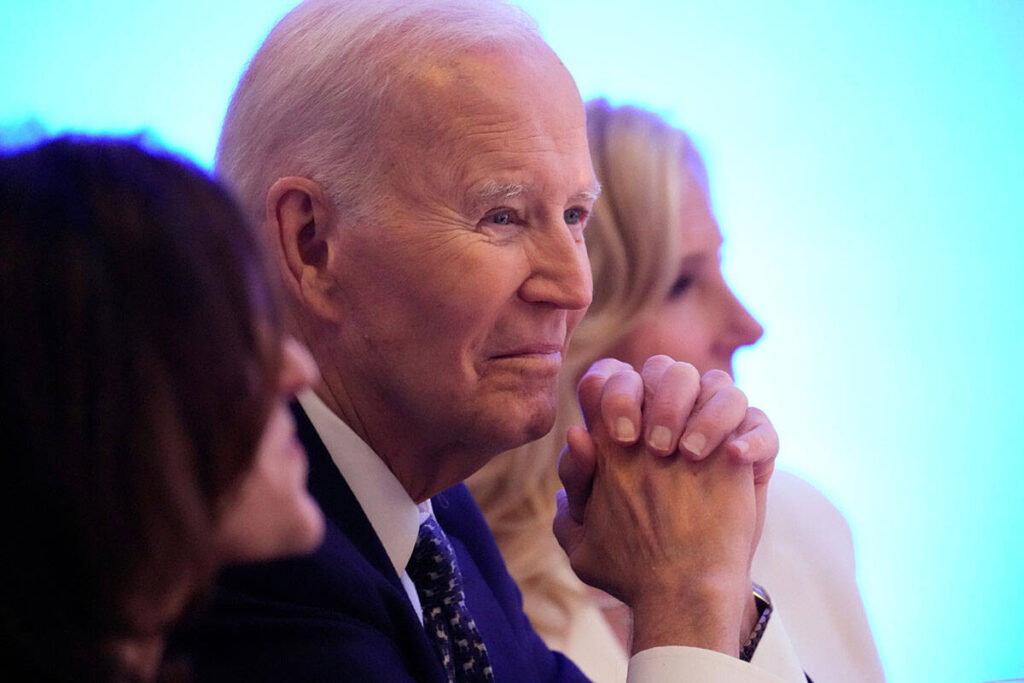SAUNDERS: The bumbling cover-up of Biden’s decline reads like Hollywood comedy
Summary
The House Oversight Committee released a 91-page report titled “The Biden Autopen Presidency: Decline, Delusion and Deception in the Biden White House,” alleging Biden’s inner circle concealed signs of cognitive decline while pushing to keep him in office.
Debra J. Saunders highlights key revelations: White House physician Kevin O’Connor reportedly declined to order a cognitive test; senior staff discussed measures to hide the president’s vulnerabilities (even a wheelchair); several aides invoked the Fifth Amendment when questioned; and pardons concentrated in Biden’s final months — including a controversial pardon for Hunter Biden.
The column frames the cover-up as both politically driven and almost farcical, comparing aides’ management of the story to a bungled Hollywood production (with a wry note that Spielberg and Katzenberg reportedly coached Biden before the 2024 State of the Union).
Key Points
- The House Oversight report accuses top aides of hiding evidence of President Biden’s cognitive decline rather than confronting it.
- White House physician Kevin O’Connor did not order a cognitive test; senior adviser Anita Dunn had raised the question.
- Several former staffers, including O’Connor, invoked the Fifth Amendment when interviewed by the committee.
- The report criticises concentrated pardon activity late in the presidency — the committee says about 96% of pardons occurred in Biden’s last four months, including one for Hunter Biden.
- Special counsel Robert Hur observed episodes of forgetfulness and concluded Biden retained and disclosed classified materials after his vice presidency but did not charge due to prosecutorial challenges involving an elderly man with memory issues.
- Communications staff limited external access and messaging about Biden’s fitness for office; some aides reportedly had infrequent direct contact with the president.
Context and relevance
This opinion piece interprets a partisan House Oversight report and related tell-all accounts as evidence that political loyalty — and the desire to retain power — shaped how Biden’s team handled concerns about his mental fitness. It ties the revelations to wider debates about transparency, presidential fitness, and the use of pardon power.
For those tracking U.S. politics, the story matters because it intersects with oversight, accountability and election narratives. The columns and reports referenced will likely feed further investigations, books and media coverage, keeping this subject in the public eye.
Author’s take (punchy)
Debra J. Saunders delivers a brisk, sarcastic read: she treats the Oversight findings as political theatre — a desperate, bungled attempt by aides to paper over a serious problem. If you follow D.C. drama, this piece acts like a neon sign pointing to more fallout.
Why should I read this?
Short version: it’s juicy, messy and political — the kind of behind-the-scenes stuff reporters and insiders love. If you want a quick, pointed take on the Oversight report and what it suggests about stewardship, secrecy and presidential capacity, Saunders does the legwork and serves the bits with a dry chuckle. Worth a skim if you care about transparency in government or how political teams manage crises.
